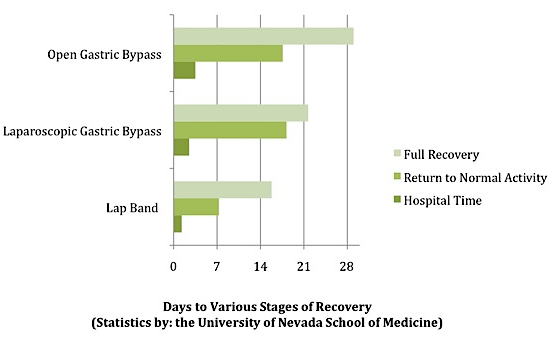Christmas Gift Ideas for Bariatric Patients
If someone you love has recently undergone weight loss surgery of any kind, your task of finding the perfect Christmas gift won’t be as difficult as you might think. As the Bariatric patient on your holiday shopping list begins his or her new and improved healthy lifestyle, the following gift ideas can provide support and assistance toward weight loss success.
Digital Food Scale
Modern food scales are better than ever at helping with portion control and managing healthy food options. A great help when keeping a journal and perfecting Bariatric recipes, today’s food scales have some pretty amazing options such as a Tare feature that automatically deducts the weight of your plate.
High Tech Bathroom Scales
Any old bathroom scale will help track weight loss but there are several brands of high tech scales that can do some pretty amazing things. Not only can a Bariatric patient keep track of pounds lost, but also body mass, weight memory, and daily caloric reference.
Digital Camera
The weight loss journey of a Bariatric patient is often recorded in photographs, allowing the results to be documented and shared with others. A digital camera is vital in recording every milestone along the path to healthy living, making it a great choice for gift-giving. Some cameras are also equipped with video functions, making them even more helpful.
Gym Membership
A gym membership is a wonderful gift idea for anyone who is trying to ‘turn over a new leaf’ and get healthy through weight loss. Some memberships include access to spas and saunas, swimming pools and even child care, making this an ideal choice for Bariatric patients of all ages.
Gift Card from Major Clothing Retailer
This is a struggle every weight loss surgery patient experiences with both negative and positive feelings. While thrilled to see the weight coming off, Bariatric patients struggle daily with ill-fitting clothing, as nothing seems to fit. With a gift card to a major clothing retailer, your recipient will be thrilled to add a few basics to their wardrobe. Of course, nothing makes weight loss sweeter than buying a smaller size.
Gas Gift Card
Most weight loss surgery patients have to keep monthly appointments with their Bariatric doctor, and this can mean traveling more than two hours. Follow-up appointments, fills (Lap-Band), weigh-ins, visiting support groups, and trips to specialty stores are just some of the reasons a gas card could be beneficial for Bariatric patients.
Kitchen Gadgets
There are a lot of great gift ideas in the kitchen for those who have undergone weight loss surgery. A good food storage system such as a Foodsaver can help with fresh food preservation and portion control. Other helpful options include high quality water bottles, shaker bottles designed for protein shakes, pre-measured food containers and measuring cups/spoons. Bento and other portion oriented lunch containers are also quite helpful when making meals on the go.
Bariatric Approved Cookbooks
After weight loss surgery, your gift recipient may feel as if he or she is learning how to cook all over again. Finding recipes that are low fat and low or sugar free can be quite daunting, not to mention time consuming. Purchasing Bariatric approved cookbooks will help save time and improve meal planning, making it an exceptional gift idea for Christmas.
Vitamins, Supplements, and Carrying Case
After Bariatric surgery, vitamins and supplements are no longer a choice, but a necessity, since the stomach can no longer absorb all the nutrients your body needs. A carrying case or pill organizer can be a lifesaver to the Bariatric patient, and gifts of vitamins and supplements can save some serious cash.
These are just a few of the many gift ideas that will enrich the life of your favorite Bariatric patient. Can you think of other great Christmas gifts for someone who has had weight loss surgery?



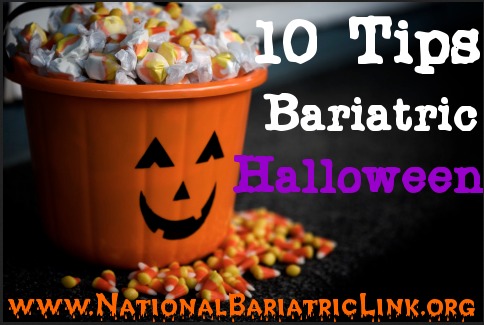
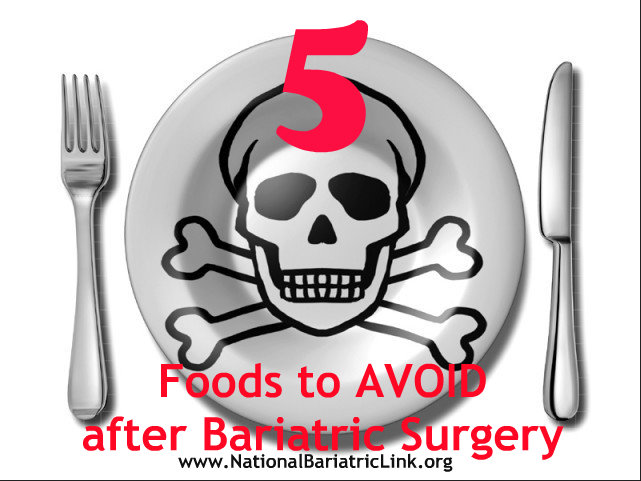
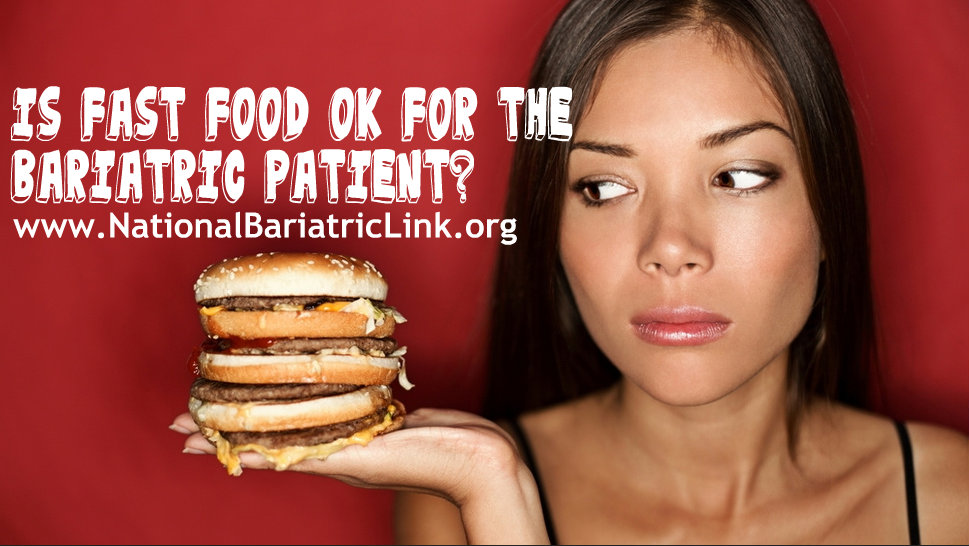
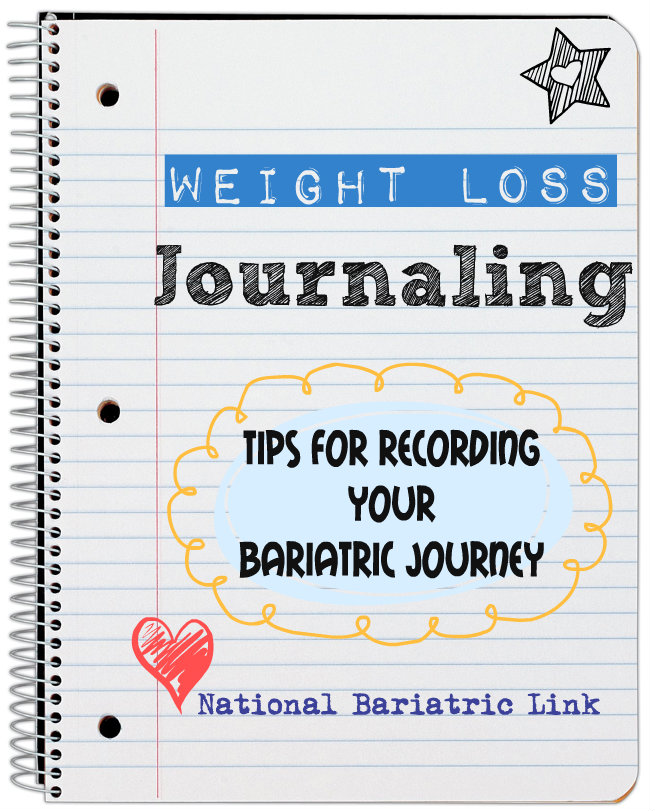 urnal or a blog, don’t shy away from cameras. Snap those before and afters with pride because you are dedicated to your journey.
urnal or a blog, don’t shy away from cameras. Snap those before and afters with pride because you are dedicated to your journey.